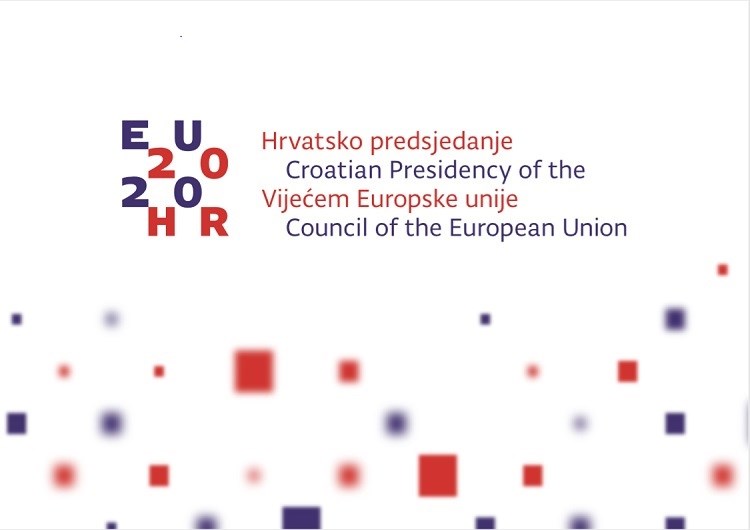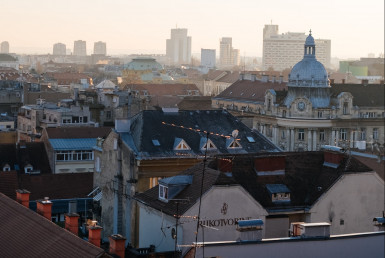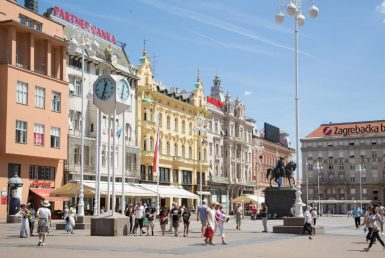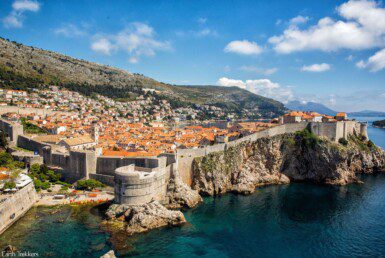Croatian Presidency of the EU Council

The Croatian Presidency of the Council is getting closer to the Council of the European Union.
Croatia takes over the presidency of the European Union, namely the Council of the European Union, in the first half of 2020. Even though the Croatian Presidency does not yet speak much, the European Union Presidency brings different opportunities for different actors, including civil society organizations, so it is well to state / repeat some basic facts about the EU Council and the meaning of a six-month presidency.
To begin with, the European Union Council is an institution in which the governments of the Member States are involved and is the main decision-making body in the EU. It coordinates the policies of the member states and shares the European Parliament with the legislative role and the adoption of budgetary decisions in the EU. It is a unique body, which actually consists of 10 different formations: general business; foreign affairs; economic and financial affairs; justice and home affairs; employment, social policy, health and consumer protection; competitiveness (internal market, industry and research); traffic, telecommunications and energy; agriculture and fisheries; environmental Protection; education, youth and culture. As a rule, foreign ministers are involved in the work of the Council, but if the topic is related to some other topics, ministries are taking part (eg. if the topic of environmental protection is attended by environmental ministers). The Presidency of the Council is rotating and every six months the second Presidency of the Council.
The country that presides, ie assumes a leading role in all the formations of the EU Council for six months (except for the Foreign Affairs Council), determines the agenda and work program of the Council during that period, has the opportunity to shape priorities within the EU, but the same so it has the duty to be neutral and impartial. Among the main tasks of the country’s presidency is to reach a consensus or agreement among all member states, to ensure the continuity of the work of the European Union in the Council and to continue its co-operation with the Council’s General Secretariat. Additionally, the state has the role of representing the Council to other EU institutions by facilitating the Council’s relations with other EU institutions and reaching agreement on laws with the Commission and Parliament, informal negotiations and meetings of the Conciliation Committee. The country’s presidency is an extraordinary opportunity for civil society organizations to raise awareness, communication and advocacy (both at national and EU level, during and after the presidency), and the key to good advocacy is the timely preparation and elaboration of an advocacy strategy. civil society organizations in Croatia the right time to start preparing.




